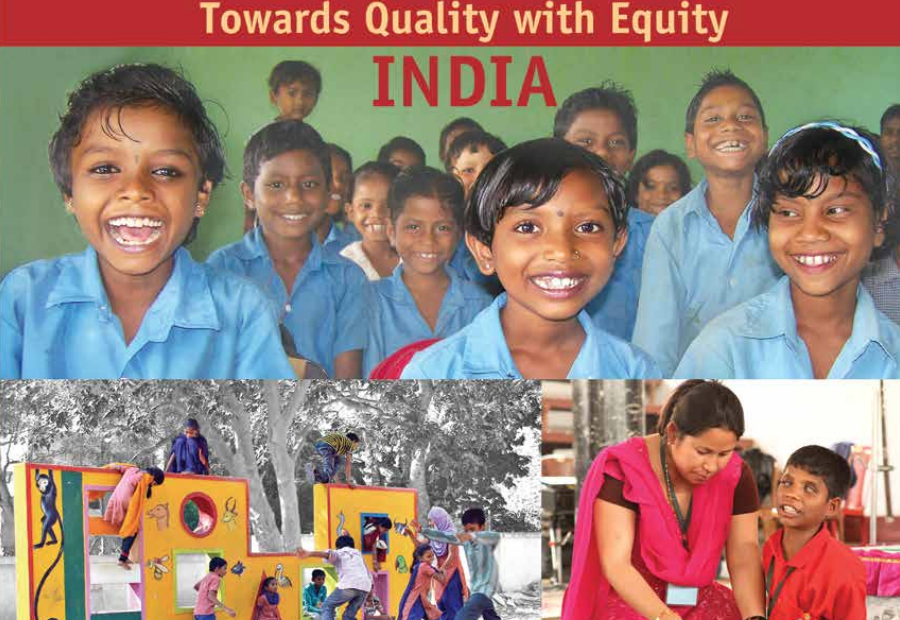
| Providing free and compulsory education to all children is a goal that is enshrined in the Indian Constitution as a Fundamental Right. This, indeed, is also the focus of the World Declaration on ‘Education for All’, adopted nearly 25 years ago, in Jomtien. The World Education Forum, held in Dakar (2000), reiterated the commitment of the global community and approved a comprehensive set of goals in the areas of early childhood care in education, primary education, gender, youth and adolescent, adult education and quality of education. Following this commitment, India prepared a National Plan of Education (2002) delineating various programmes and strategies for achieving various Education for All (EFA) Goals. Subsequently, the mid- term assessment of progress of EFA goals, undertaken in 2005, underscored the concern for equity and inclusion and highlighted the need for accelerating the efforts for achieving EFA goals. India, undoubtedly, has made substantial progress towards achieving EFA goals during the last two decades. Adoption of Right of Children to Free and Compulsory Education Act (RTE), 2009 has given further impetus to the national efforts for ensuring quality education for all in a time- bound manner. |
Author(s): National University of Educational Planing and Administration
Year Published: 2014
Language: English
Country: India


